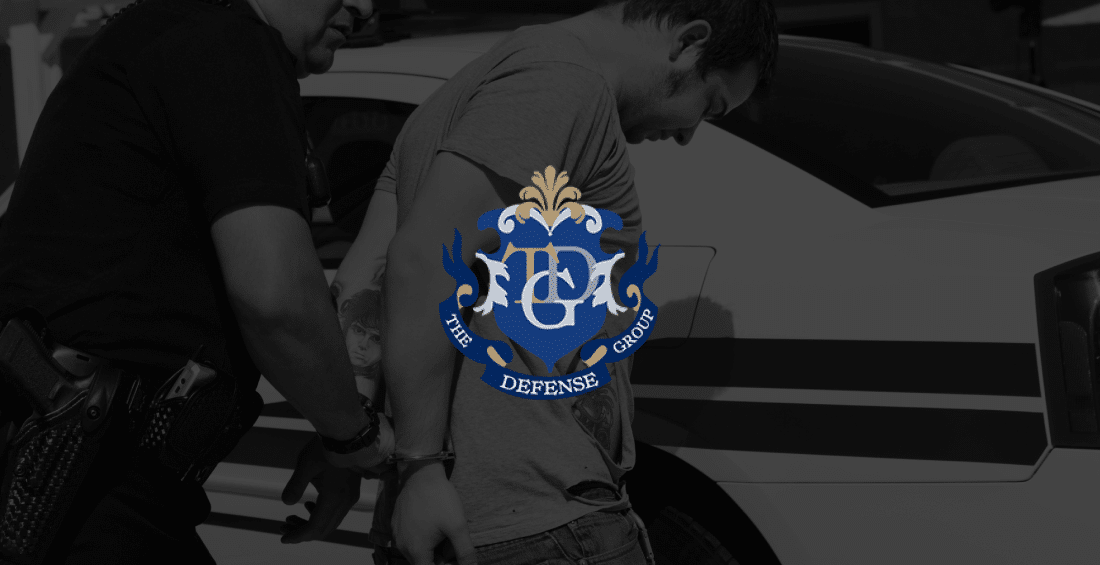These are the two categories of theft under Florida law, and there are two major differences between them. Grand theft is a felony, and it refers to the theft of property valued at $750 or more, as well as some specially protected types of property or particular circumstances for the crime. Petit theft applies to items of lesser value, and it is a misdemeanor.
In Florida, a misdemeanor is any crime that would be punishable with less than a year’s imprisonment, a sentence to county jail. A felony is any crime punishable by a state prison sentence—that is, more than a year’s imprisonment.
Since a felony conviction changes lives and can strip citizens of some of their rights and opportunities, it is vital for defendants to seek the help of a Florida criminal defense attorney who is prepared to look into their situation and defend them from false allegations and overcharging.
Grand Theft
Most states define grand theft by the value of the property stolen. Florida also does this, but under its laws, grand theft does not only involve property worth $750 or above. It also applies to the theft of any property that the government particularly wants to protect from harm or from use that would harm other people. The statute has a long list of such items, including:
- Firearms
- Stop signs
- Controlled substances
- Anhydrous ammonia (an explosive)
- Livestock, including bees and farmed fish
- Wills, codicils, or other testamentary instruments
- Fire extinguishers that had been installed for use
- Law enforcement equipment worth over $300, stolen from an emergency vehicle
- Emergency medical equipment worth over $300, stolen from a hospital or ambulance
See Fla. Stat. § 812.014 (2023) for all such items.
Taking property worth over $300 from someone who is 65 or older is also classified as grand theft. Additionally, when property worth between $100 and $750 is stolen from someone’s dwelling place or outlying land, that is defined as grand theft in the third degree.
Florida law names three degrees of grand theft. The value and identity of the property stolen and the circumstances of the theft—particularly other offenses committed at the time—determine the degree of theft charged. The possible penalties range from:
- 30 years in prison for first-degree grand theft, plus a fine of up to $10,000
- 15 years in prison for second-degree grand theft, plus a fine of up to $10,000
- 5 years in prison for third-degree grand theft, plus a fine of up to $5,000
The court can also give a higher fine—up to double the value of the victim’s loss by the theft or the defendant’s gain by it. Some offenses also require community service hours or restitution.
Petit Theft
Petit theft literally means “small” theft; in some states, it is called “petty theft” instead. This charge applies broadly to theft of property with a total value of less than $750. However, as noted above, many items or circumstances can turn a petit theft charge into grand theft. A petit theft charge will become a third-degree felony for anyone who has already been convicted of two theft charges. It is also a felony to use a device meant to defeat anti-shoplifting measures.
There are two degrees of petit theft in Florida:
- Petit theft in the first degree, for the theft of property worth between $100 and $750. Punishable by up to one year in jail and a fine of $1,000
- Petit theft in the second degree, for thefts of lesser value. Punishable by up to 60 days in jail and a fine of $500
If the theft involved driving away from a pump without paying for gas, the penalty includes a driver’s license suspension. And any second petit theft is a first-degree misdemeanor.
What Can Defendants Do?
An experienced defense attorney knows how to examine the charges and determine if they will stand up in court. Was the arrest legal? Did the officer have probable cause; was there an illegal search? If the police ignored the defendant’s rights, it is possible that the evidence can be thrown out.
To show that someone is guilty of a grand theft or petit theft charge, the state must prove that the defendant intended to steal or attempt to steal the property. The law defines theft as “knowingly obtain[ing] or us[ing]” another person’s property “with the intent to, either temporarily or permanently … deprive the other person [of it] … [or] appropriate the property” for themselves or anyone else. Under this definition, the defendant may be able to show that they never actually meant to steal the property.
The state must also show that:
- The property is valued at the proper amount for the statute, or
- The property is of a kind that triggers a grand theft charge, or
- The circumstances of the alleged theft trigger grand theft or other elevated charges under the statute.
If the state bases its charges on the wrong value for the property or the wrong type of property, the defendant may be facing a grand theft charge they do not deserve. An experienced Florida defense attorney can review the case and potentially get the charges and penalties reduced or even dismissed.
If you or your loved one is facing a charge of theft in Florida, don’t delay. No matter what the charges may be, hiring a criminal defense attorney is an investment that can preserve your future. Call the Defense Group today at 407-743-8430 to schedule a free consultation in our Orlando or Tavares offices.











